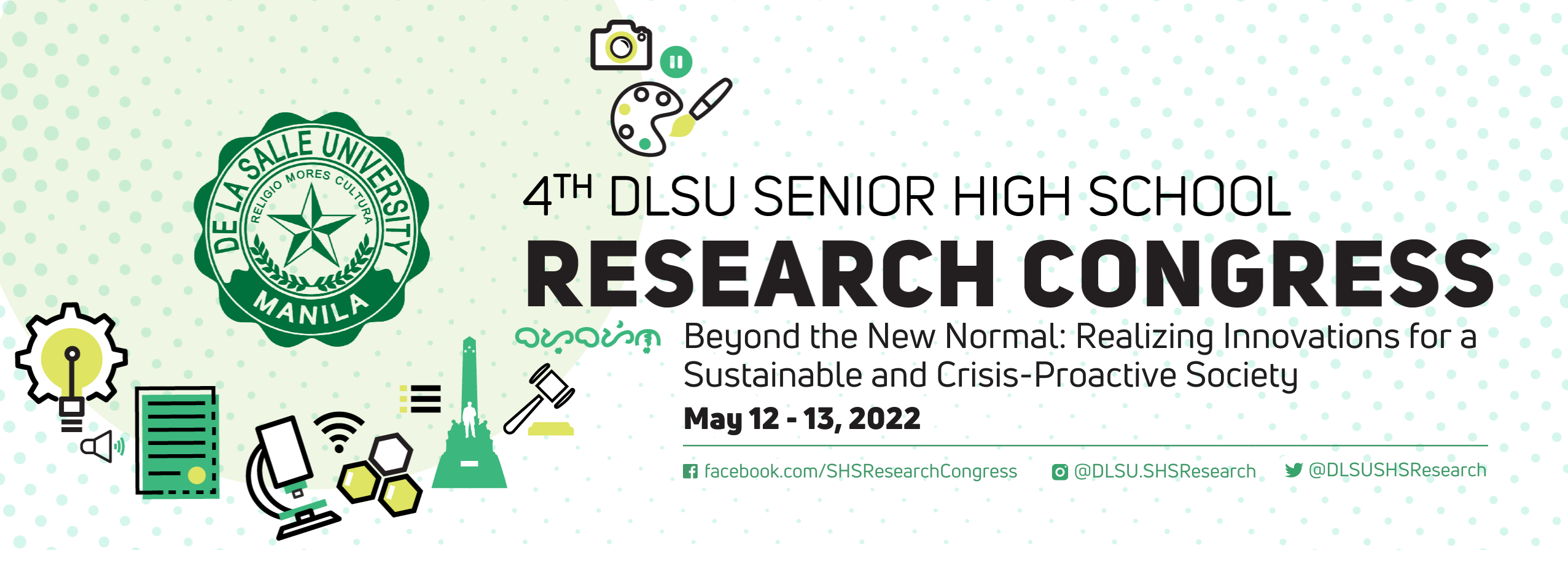Document Types
Paper Presentation
Research Theme (for Paper Presentation and Poster Presentation submissions only)
Computer and Software Technology, and Robotics (CSR)
Research Advisor (Last Name, First Name, Middle Initial)
Katrina Ysabel C. Solomon
Start Date
12-5-2022 1:00 PM
End Date
12-5-2022 3:00 PM
Abstract/Executive Summary
Virtual Private Networks (VPNs) provide users with online anonymity by sending network traffic through an encrypted tunnel to a server controlled by a VPN service company. With the abrupt shift of educational and work modes to an online setting, VPN services have been utilized to secure data privacy on the web. Consequently, with online synchronous classes becoming a part of the “new normal,” students are more prone to certain online attacks or breaches. Hence, protective software applications such as VPNs have been in high demand. However, despite the numerous much-uncovered benefits VPN services offer regarding privacy and security, they have also been found to complicate network paths and affect application performance. Considering this information, this study was conducted to measure the impact of free Virtual Private Networks on network performance during online synchronous classes conducted in areas within the Greater Manila Area. In particular, researchers performed experiments through online synchronous class simulations using the Zoom application software to benchmark various commercially free VPNs on the available local network setups. Through the simulations conducted for online synchronous classes, Hotspot Shield VPN has been deemed the best and recommended free VPN for all network plans utilized in the research. The data from this research could be highly beneficial to VPN developers, Internet Service providers, students, instructors, and even educational institutions in managing the impact of the use of VPNs as a means of online privacy, to Network Performance in an online learning setup, particularly online synchronous sessions within the Greater Manila Area.
Keywords
ISP; VPN; network performance; online class; Zoom application software
The Effect of Free Virtual Private Networks in the Conductivity of Online Classes in De La Salle University – Senior High School
Virtual Private Networks (VPNs) provide users with online anonymity by sending network traffic through an encrypted tunnel to a server controlled by a VPN service company. With the abrupt shift of educational and work modes to an online setting, VPN services have been utilized to secure data privacy on the web. Consequently, with online synchronous classes becoming a part of the “new normal,” students are more prone to certain online attacks or breaches. Hence, protective software applications such as VPNs have been in high demand. However, despite the numerous much-uncovered benefits VPN services offer regarding privacy and security, they have also been found to complicate network paths and affect application performance. Considering this information, this study was conducted to measure the impact of free Virtual Private Networks on network performance during online synchronous classes conducted in areas within the Greater Manila Area. In particular, researchers performed experiments through online synchronous class simulations using the Zoom application software to benchmark various commercially free VPNs on the available local network setups. Through the simulations conducted for online synchronous classes, Hotspot Shield VPN has been deemed the best and recommended free VPN for all network plans utilized in the research. The data from this research could be highly beneficial to VPN developers, Internet Service providers, students, instructors, and even educational institutions in managing the impact of the use of VPNs as a means of online privacy, to Network Performance in an online learning setup, particularly online synchronous sessions within the Greater Manila Area.


